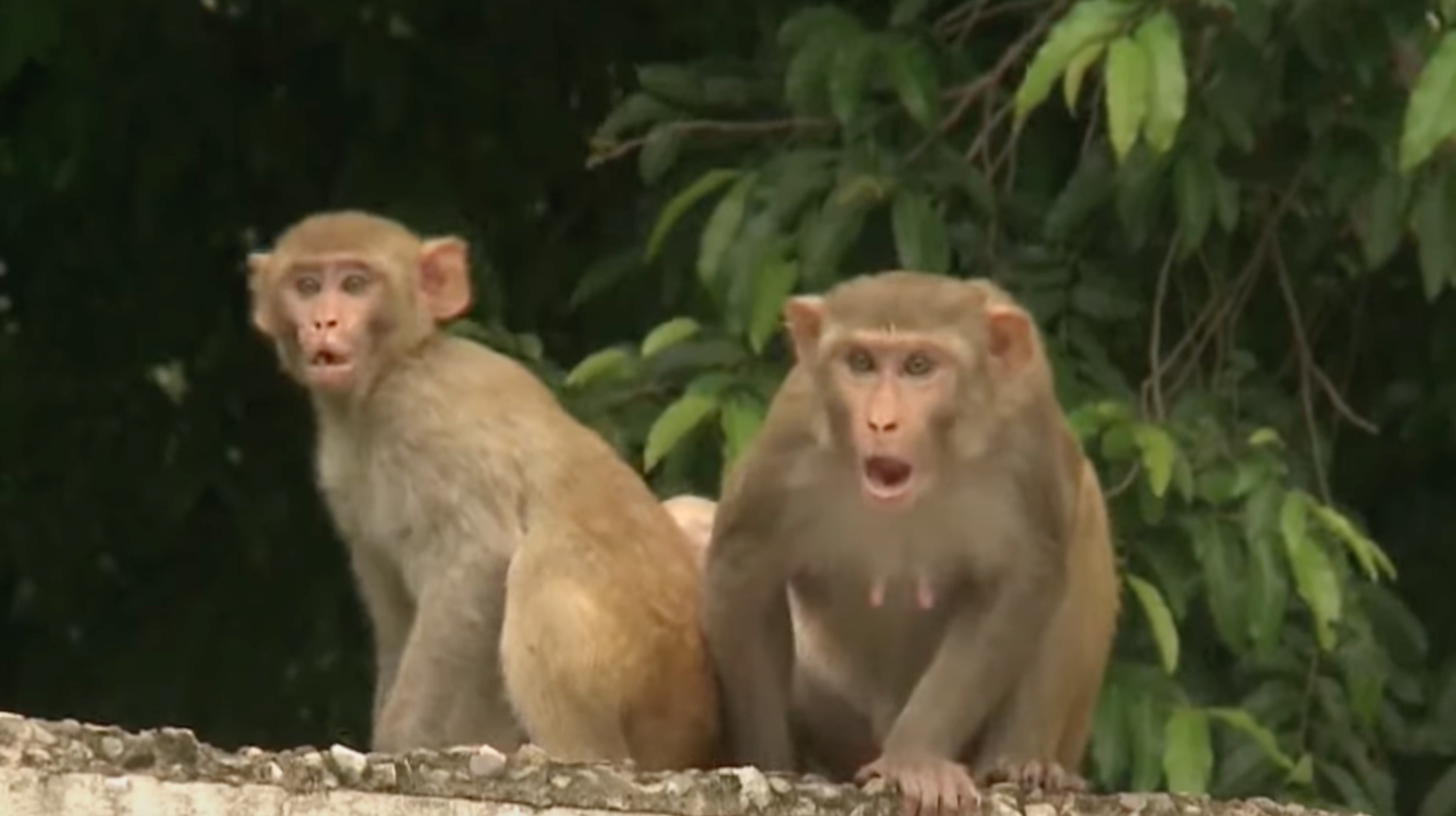Scientists at the Chinese Academy of Sciences have successfully cloned a rhesus macaque using a method similar to that used for Dolly the sheep.
The cloned monkey has lived for over two years, making it the longest-lived primate created from adult DNA.
While the researchers see potential for using cloned monkeys in lab research, critics argue that human cloning is still too risky and the success rate for cloning monkeys is low. (Trending: Joe Biden’s Approval Crashes To New Low)
#Chinese scientists clone monkeys in world first https://t.co/G0Paq5vsqZ pic.twitter.com/IDNevkJoan
— CGTN (@CGTNOfficial) January 25, 2018
The controversial nature of animal cloning is highlighted, with legislation in Europe prohibiting such experiments unless they are aimed at investigating life-threatening diseases.
“This cloning demonstrates two things,” Dr. Lluís Montoliu began.
“First, it is possible to clone primates.”
“Second, but no less important, it is extremely difficult to succeed with these experiments, with such low efficiencies once again ruling out human cloning.”
“These experiments could not have been conducted in Europe.”
“Legislation prohibits the use of non-human primates unless the experiment is aimed at investigating a serious, life-threatening disease, which is not the case in this experiment.”
Most Popular:
Trump Responds To Biden’s Bombing In Yemen
Bombshell UFO Footage Released To The Public
Hunter Biden’s Art Scheme Exposed By GOP Probe


